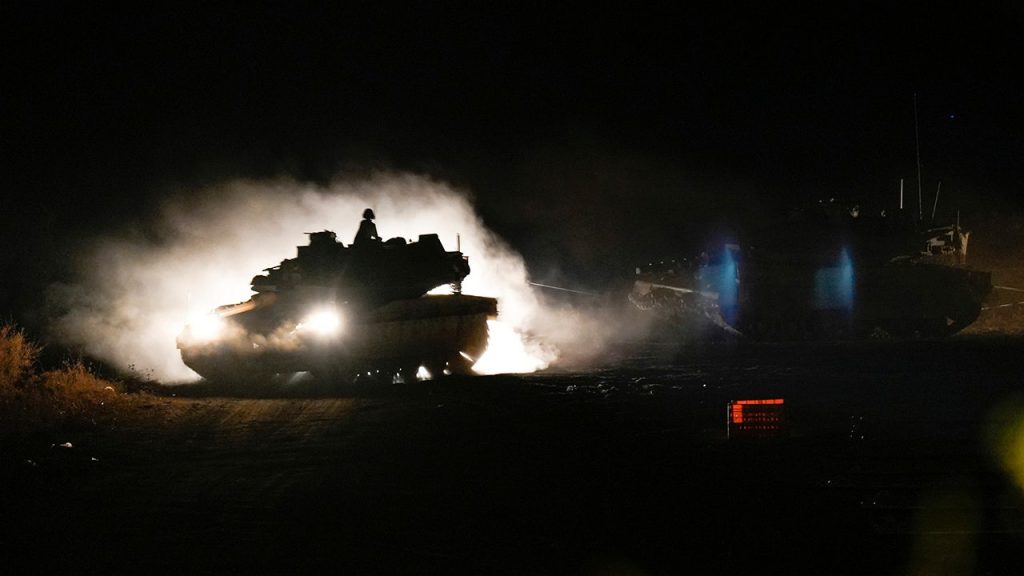Ministers in Israel’s Political-Security Cabinet came to an agreement on an operational strategy for a “limited” invasion into Lebanon in the early hours of Tuesday morning, despite frustrations that the news had been leaked before their meeting. A U.S. security official confirmed the invasion was imminent, and President Biden appeared to confirm the claims, although he expressed a preference for a cease-fire. The U.S. State Department was informed of the operations, which were focused on Hezbollah infrastructure near the border. Reports suggested that Israeli special forces had been engaging in cross-border raids for months. Israeli ministers were reportedly frustrated not only with U.S. officials but also with the Israel Defense Forces (IDF), who mentioned the operation before the ministerial debate took place.
The IDF spokesman called on media outlets not to report on rumors and to stick to official reports only, following reports of IDF activity on the Lebanese border. After the ministerial meeting, the IDF confirmed that limited ground raids had begun against Hezbollah targets and infrastructure in southern Lebanon. The operation was aimed at targets posing an immediate threat to Israeli communities in northern Israel. It was described as limited, localized, and targeted, based on precise intelligence. The goal was to be quicker than the 2006 operation in Lebanon, which lasted 34 days and resulted in significant casualties.
Sources indicated that the current operation in Lebanon was in retaliation to the assassination of Hezbollah leader Hassan Nasrallah. Israeli Defense Minister Yoav Gallant reportedly called Secretary of Defense Lloyd Austin as the operation was underway, with no advance notice given to the U.S. from Israel. While the State Department did not immediately comment on the situation, it was noted that the United States had not been involved in Israel’s operation, with no advance warning provided to American officials. The operation was reported to be limited in scope and was expected to be quicker than previous military actions in the region.
The IDF’s actions in Lebanon were met with frustration from Israeli ministers and U.S. officials, with reports indicating leaks about the operations had caused tension. President Biden’s comments on the invasion emphasized a desire for a cease-fire, despite indications that the operation was moving forward. The State Department confirmed that ongoing conversations were being held with Israel about the operations, which were focused on targeting Hezbollah. The exact nature of the frustration directed towards U.S. officials and the IDF remains unclear, but it was evident that there were concerns about leaks and rumors circulating about the military actions.
As the situation unfolded, reports surfaced suggesting that Israeli special forces had been engaged in cross-border raids for months, indicating ongoing tension in the region. The operation in Lebanon was described as necessary to target Hezbollah infrastructure near the border and protect Israeli communities from immediate threats. The IDF’s confirmation of the ground raids and the stated objectives of the operation indicated a strategic focus on specific targets linked to terrorist organizations. Despite concerns about leaks and frustration from various parties involved, the operations proceeded as planned, with a clear goal of neutralizing threats to Israel’s safety and security.













